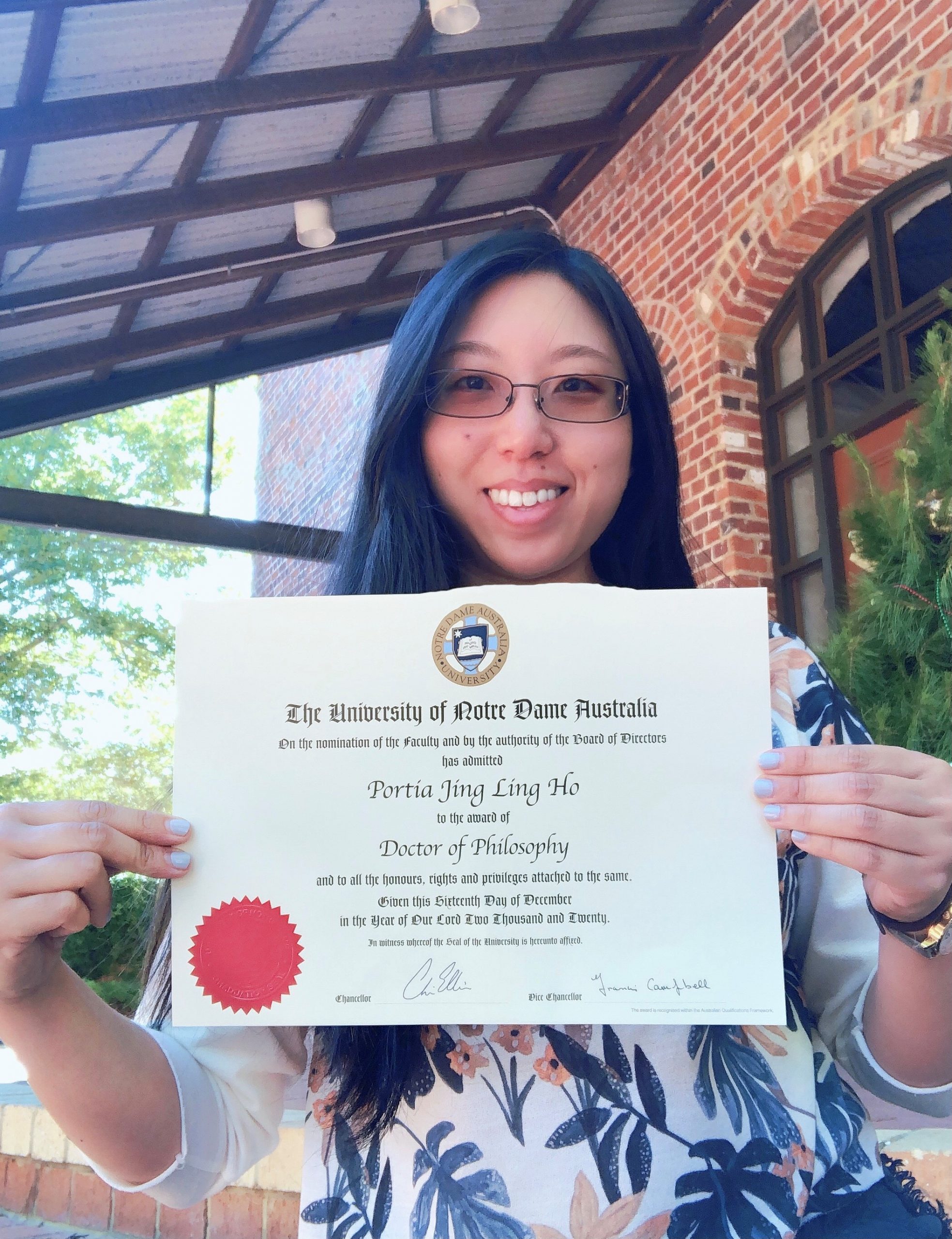Meet Portia, Rocky Bay’s Physiotherapist based at our new hub in Geraldton. Portia has been with Rocky Bay since 2010, providing support to customers in the form of hydrotherapy, respiratory care, home exercise program development, and falls prevention and equipment prescription.
Rocky Bay are very excited to have Portia leading our physiotherapy services at our Geraldton hub! In December Portia obtained her Doctor of Philosophy (PhD) from the University of Notre Dame Australia, where she conducted research for her thesis ‘Understanding falls in older adults with intellectual disability in Western Australia’.
Portia has a wealth of experience working with customers who live with neuromuscular conditions, and also supports carers with manual handling training.
Find out a little more about Portia and her role with our Q&A!
Tell us more about your experience in your field?
I have mostly worked with the youth to adult age group with all ranges of disability, and supported customers with neuromuscular conditions. It’s important for people with neuromuscular conditions to maintain their lung function, so as physiotherapist I provide support in this area by monitoring their lung volumes, use of cough assist to help them clear their airways and ensure their posture is well supported to maximise their breathing.
For the past few years I’ve been the physio to a number of customers at Rocky Bay’s independent living units and Lucy Creeth Residence, supporting them to increase and maintain their functional independence with physio sessions, hydrotherapy and home exercise programs. Most of these customers are dependent on using a mobility device, such as a powered wheelchair, for their mobility, thus I have been heavily involved with their postural care to ensure their posture is well supported for functional activities.
Some people living with disability need more support for activities of daily living. A few years ago, it was identified that there were many people with disability who were ageing and there was a gap in service to cater to their needs. In a multi-disciplinary team, we formed the ‘Ageing in Place’ working party and put together a service package and resources for therapists. Falls was identified as a big issue, which lead to my PhD research.
What does your role involve at Rocky Bay?
I have worked mostly full-time in a multi-disciplinary team as a physio. My role involves supporting caregivers with manual handling training, supporting customers to achieve their mobility goals such as walking, and independence with transfers.
My role also supports:
- Respiratory care
- Home exercise program development
- Hydrotherapy
- Falls prevention
- Equipment prescription (e.g. walkers, orthotics, standing frame)
- Manual Handling risk assessments
Apart from providing physio services, I also support customers to identify their goals and needs to help with future plans.
You recently completed a PhD, can you tell us a bit about your focus area?
My PhD thesis was ‘Understanding falls in older adults with intellectual disability in WA’.
It was identified that people with intellectual disability experience age related changes earlier in life, and many experience falls. Falls can have serious consequences such as reduced mobility, increased need for support, head injuries, or even death. The aims of my research was to investigate the incidents and prevalence of falls in people with intellectual disability in WA, and to explore the barriers and enablers to taking up evidence-based falls prevention recommendations.
Older adults with intellectual disability are about five times more likely to fall compared to their peers. Many older adults with intellectual disability, and their caregivers, who were interviewed were found not to have adequate support to access available falls prevention services, and they lack the knowledge of falls prevention strategies.
An individualised approach was found to be the most effective to implement falls prevention strategies, such as having an exercise program carried out in a familiar place.
What do you love most about your role?
It is very rewarding to support my customers to take care of their health. I like ticking things off a list and often goals are broken down into actions. As actions are completed, it feels like I am supporting them through their journey to achieve their goals.
What do you love to do in your free time?
I like to cook and bake for friends and family. I enjoy cleaning and tidying my living spaces, as it allows me to identify with my space.
I take time to read, take long walks along the beach and mediate. Bikram yoga makes me feel like I’ve had a good workout. I crochet a bit, and make toys and scarfs for family.
What are three things you can’t live without and why?
- I need to have my beauty sleep, I cannot function without it
- I need some quiet time at the end of the day to wind down
- Good, delicious and yummy food!
